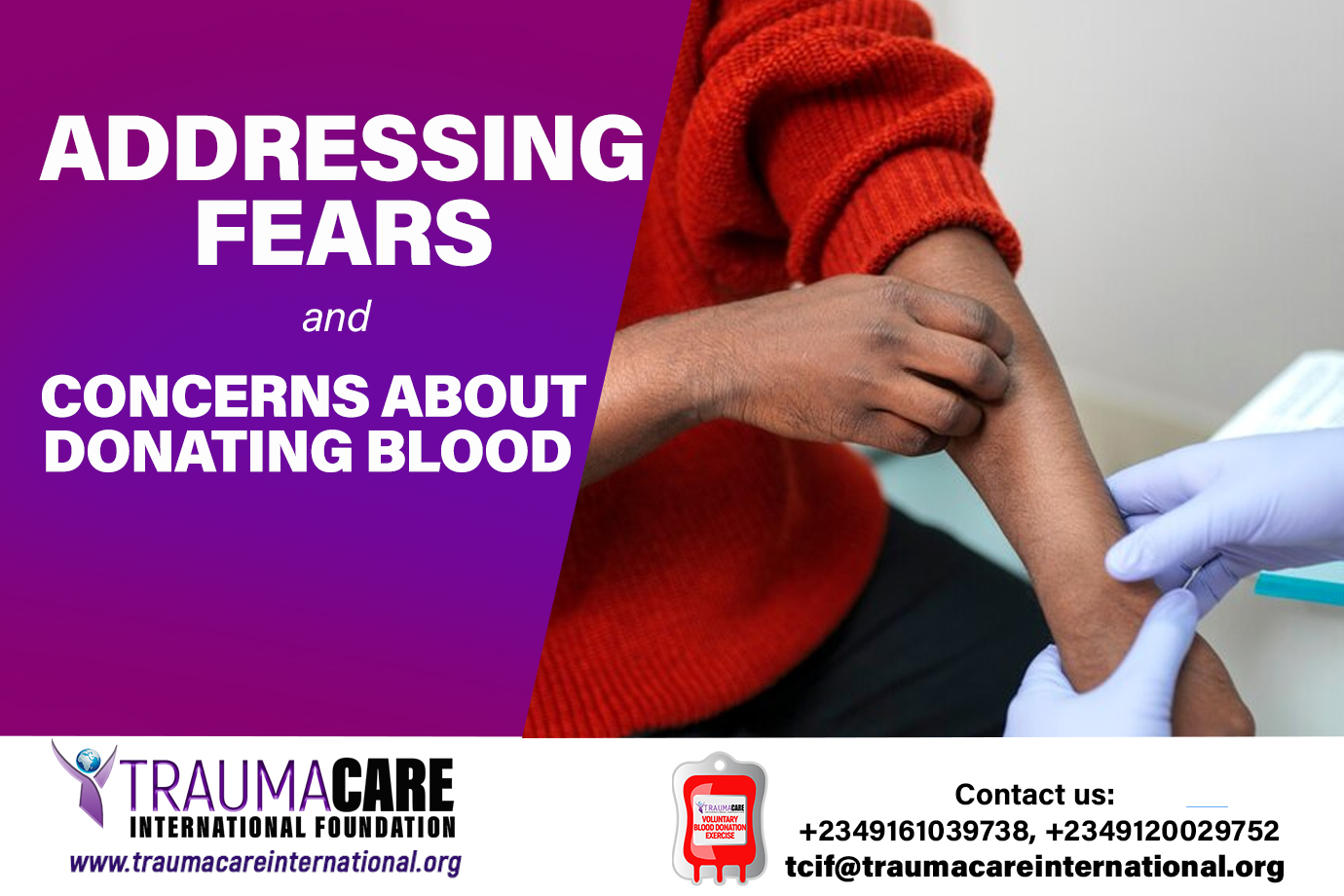Donating blood is a safe, simple process, but fears and concerns can deter people. Here’s a concise breakdown addressing common worries, based on reliable information and practical insights:
1. Fear of Pain or Needles
Concern: The needle stick hurts or feels overwhelming.
Fact: The initial prick lasts a second, like a quick pinch. Most donors say discomfort is minimal, and trained staff ensure it’s quick. Focus on breathing or chatting with the phlebotomist to distract yourself.
Tip: If needles make you anxious, tell the staff—they’re trained to help you stay calm. Look away during insertion and focus on something else, like music or a conversation.
2. Worry About Fainting or Dizziness
Concern: Feeling lightheaded or passing out during/after donation.
Fact: Fainting is rare (less than 1% of donors). It’s usually caused by low blood sugar or dehydration, which you can prevent. Blood centers monitor you closely, and you’re asked to rest briefly post-donation.
Tip: Eat a balanced meal (iron-rich foods like spinach or meat help) and drink plenty of water 24 hours before. Post-donation, sit for 10-15 minutes and have a snack (juice and cookies are often provided).
3. Concern About Safety or Infections
Concern: Catching a disease or the process being unsafe.
Fact: Blood donation is extremely safe. All equipment is sterile, single-use, and disposed of after each donor. Strict FDA and AABB guidelines ensure no risk of infection. Staff follow rigorous hygiene protocols.
Tip: If you’re worried, visit the donation center beforehand to see their cleanliness standards or ask about their safety protocols. Reputable centers like the Red Cross or local hospitals are transparent.
4. Fear of Losing Too Much Blood
Concern: Donating weakens you or takes too much blood.
Fact: You donate about 1 pint (10-12% of your blood volume), which your body replaces within 24-48 hours (red blood cells take a few weeks). Healthy adults can safely donate every 3 months for male and every 4 months for females.
Tip: Follow pre-donation guidelines (e.g., avoid heavy exercise that day) and post-donation care (hydrate, rest). You’ll feel normal quickly.
5. Anxiety About Eligibility or Rejection
Concern: Being turned away due to health, travel, or lifestyle factors.
Fact: Eligibility rules (e.g., weight >110 lbs, age 18+, no recent tattoos) exist to protect donors and recipients. Many restrictions, like travel bans, are temporary. Staff screen you privately and explain any deferrals.
Tip: Check eligibility online (e.g., Red Cross website) before going. If deferred, ask why—most issues are temporary, and you can try again later.
6. Concern About Time or Inconvenience
Concern: The process takes too long or disrupts your day.
Fact: The whole visit (screening, donation, rest) takes about 20-40 minutes. Donation itself is 8-10 minutes. Centers often have flexible hours or mobile drives.
Tip: Book an appointment to minimize wait times. Bring a book, podcast, or friend to make it a pleasant experience.
7. Fear of Blood Being Wasted
Concern: Donated blood might not be used or goes to waste.
Fact: Blood is carefully managed to meet hospital needs. Each unit can save up to 3 lives (e.g., for surgeries, trauma, cancer patients). Blood banks prioritize usage before expiration (42 days for red cells).
Tip: Donate during high-demand times (e.g., holidays, summer) when shortages are common, increasing the chance your blood is used quickly.
8. Psychological or Emotional Fears
Concern: Feeling anxious or guilty if something goes wrong.
Fact: Donation is low-risk, and complications are rare. You’re helping others, and the act is voluntary—no pressure. Many donors feel empowered or uplifted afterward.
Tip: Reframe it as a small, heroic act. Talk to past donors (check social media forums) to hear positive experiences. Bring a friend for moral support.
Why It’s Worth It
One donation can save 3 lives, and the need is constant. You get a mini health check (pulse, blood pressure, hemoglobin).
It’s a free, tangible way to give back, with no long-term impact on your health.
Actionable Steps
Research a local blood drive (e.g. Trauma Care International Foundation Website).
Eat iron-rich foods and hydrate 24-48 hours before the donation day.
Schedule an appointment with Trauma Care International Foundation.
Share your experience on social media or with friends to inspire others.
If you’re still nervous, start small: visit a center, ask questions, or volunteer at a drive to get comfortable.





What do you think?
0 Responses
To Comment, you must Sign In
Be the First to Post on this Topic